Space technology
Overview
Space technology refers to the technological devices, tools, and techniques used in the exploration and utilization of outer space. This field encompasses a broad range of areas, including satellite communications, space science, and the design and development of spacecraft and space missions. Space technology has significantly impacted various sectors, including telecommunications, meteorology, and Earth observation, among others.
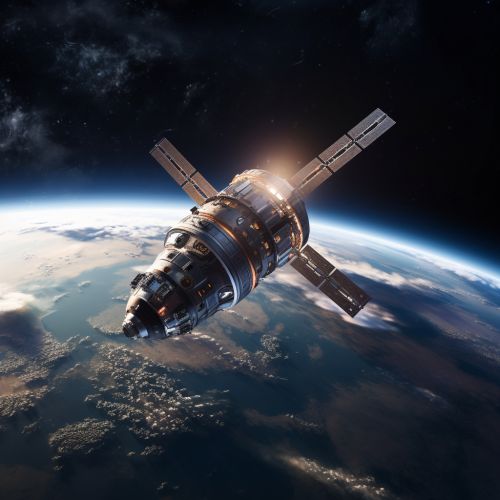

History of Space Technology
The history of space technology dates back to the early 20th century, with the development of the first liquid-fueled rocket by Robert Goddard. This marked the beginning of a new era in technology and exploration. The 1950s and 1960s saw significant advancements in space technology, with the launch of the first artificial satellite, Sputnik 1, by the Soviet Union in 1957, and the first manned moon landing by the United States' Apollo 11 mission in 1969.


Satellite Technology
Satellite technology is a crucial component of space technology. Satellites are used for a variety of purposes, including communication, weather monitoring, navigation, and Earth observation. They are launched into space using rockets and are placed in specific orbits depending on their intended function. The design and development of satellites involve a range of specialized fields, including astrodynamics, propulsion systems, and telecommunications.
Spacecraft Design and Development
The design and development of spacecraft involve numerous complex and interrelated processes. These include the design of the spacecraft's structure, propulsion system, power system, thermal control system, and payload. The spacecraft must be designed to withstand the harsh conditions of space, including extreme temperatures, vacuum conditions, and radiation.
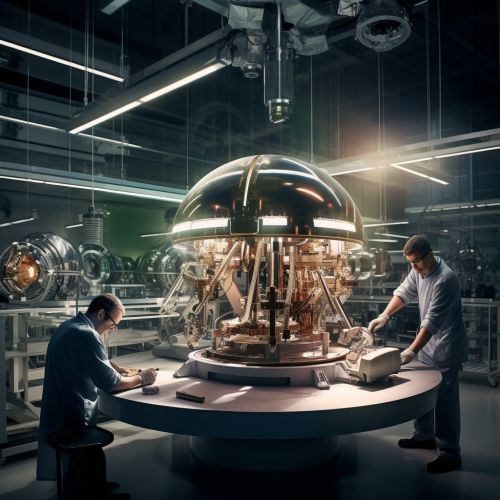
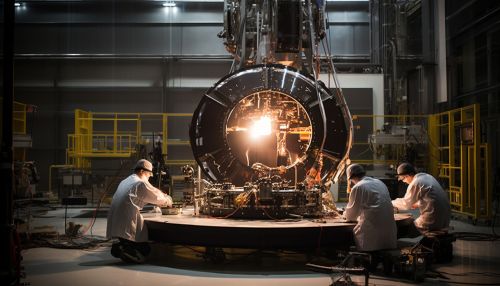
Space Missions
Space missions are typically categorized into unmanned and manned missions. Unmanned missions include robotic spacecraft sent to explore the moon, planets, and other celestial bodies. Manned missions involve sending astronauts into space for exploration, research, and other purposes. The planning and execution of space missions require extensive knowledge and expertise in various fields, including astrodynamics, spacecraft design, and mission operations.
Impact of Space Technology
Space technology has had a profound impact on various aspects of society. It has revolutionized telecommunications, enabling global communication and the broadcasting of television and radio signals. It has also played a crucial role in weather forecasting and climate monitoring, providing valuable data for meteorologists. Furthermore, space technology has contributed to scientific knowledge and understanding of the universe.
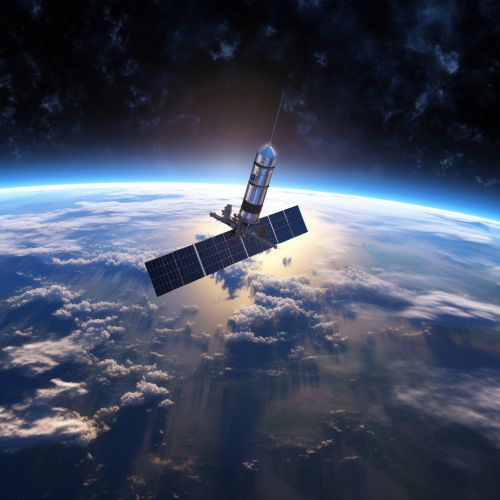
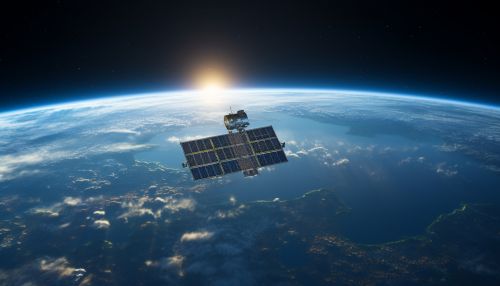
Future of Space Technology
The future of space technology holds promising prospects. With advancements in technology, there is potential for further exploration of the solar system and beyond. This includes the possibility of manned missions to Mars and the establishment of permanent human settlements in space. Additionally, the development of space tourism and commercial space travel is an emerging field that could become a reality in the near future.
